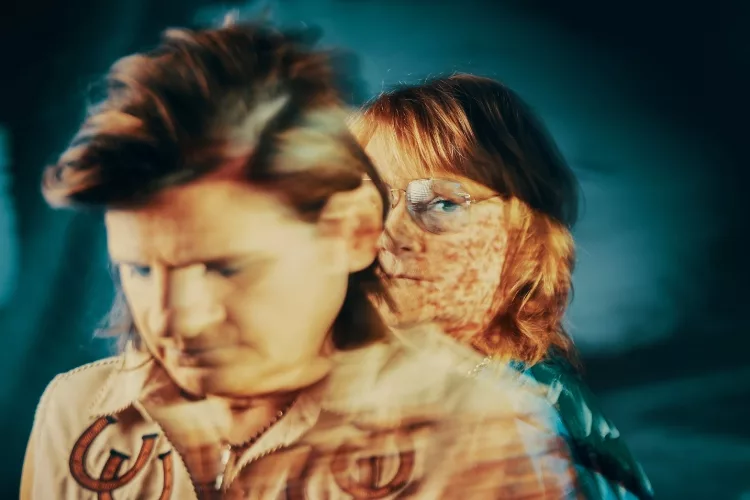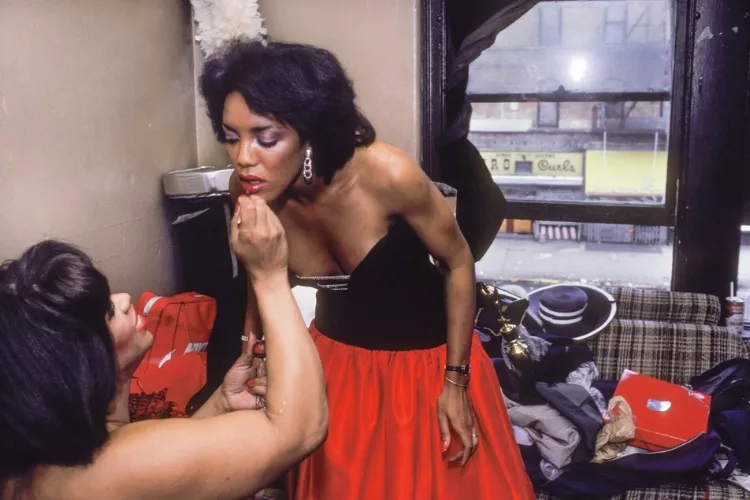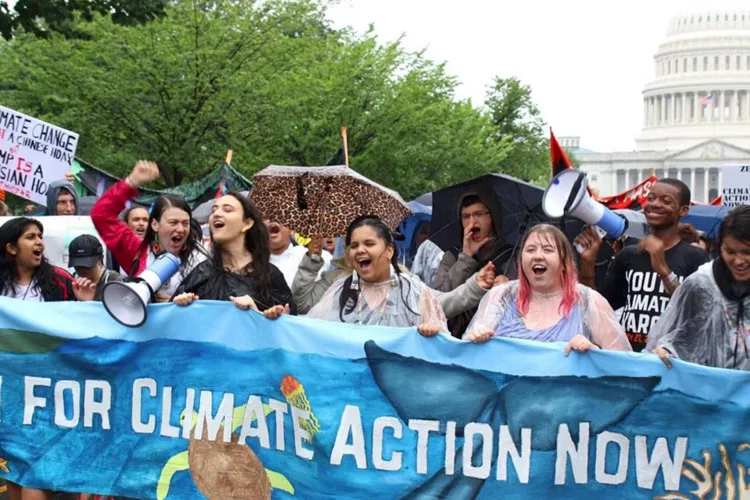–by KL Dunn

Bobby Bostic was the only Juvenile in the history of the State of Missouri sentenced to 241 Years in Prison. How it happened and his story of how he found freedom.
Justice. Redemption. Try to separate them, but somehow you can’t. Lines get blurry, and the two elements knottily intertwine. When the story takes place against the “criminal justice system” backdrop, you already feel that the deck is stacked. That redemption, if it exists, takes place outside of the law. And often, redemption occurs behind bars.
It’s an old trope exploited in 20th century Hollywood with films like “Cool Hand Luke” and “Shawshank Redemption”. But until recently, most didn’t dwell on the injustice of our Criminal (in)-Justice system (a $4 billion industry) that has been called out as a continuation of slavery.
And rare is the film with a Black protagonist such as “The Hurricane”. It tells the story of boxer Rubin Carter who was wrongfully convicted of committing a triple murder. By the time he goes through his own Justice and Redemption story, we’re rooting for him as if he were back in the ring on the edge of victory.
But what happens when it’s not a sports story with clear cut injustice and a hero we root for, but common “street thugs”?
That’s where the complexity of shows like “The Wire” resonate. But what about when it’s real? And the guys involved are guilty? What might that look like?
If this were made-for-TV, here’s the set up – a young guy wanders around a derelict city street on a cold winter night with a friend looking for trouble. They come across five unknown people. Decide to rob them. One victim is shot and injured – not too bad, but still shots were fired.
Thirty minutes and eight blocks later, they rob again. This time, take the victim’s car. Cops circle the young thieves who surrender.
Charges for the first crime are: two counts of first-degree robbery, three attempted, two counts of first-degree assault, and seven counts of armed criminal action.
The second crime brings charges of kidnapping and armed robbery.
Total – 17 counts due to accomplice liability.
The trial for all counts is held at the same time.
A plea bargain is discussed with an offer of a life – this goes nowhere, so the trial begins.
Then, it ends with the teenage boy found guilty of all counts.
The judge has a choice – to run the charges concurrent (meaning 30 years, which even without parole gives our youthful offender a ticket back to a life outside by age 46) or cumulative.
According to the “offender,” Bobby Bostic, the rest of it plays out like this:
“The judge acknowledged my age of 16 and then said these words: “Mr. Bostic, you made your choice, you will live with your choice, and you will die with your choice because, Bobby Bostic, you will die in the Department of Corrections. Do you understand that? Your mandatory date to go in front of the parole is 2201; nobody in this room will be alive in the year 2201”.
Two hundred and forty years was my cruel and unusual punishment, and this is the equivalent of live (sic) without parole. I was only 16 years old, and no one was seriously injured in my crime. Several months after I was sentenced, my adult co-defendant, who was 18 years old on the day of the crimes, was sentenced after a guilty plea to 30 years for our crimes. He would have been eligible for parole in June 2019, though unfortunately died in custody in September 2018.
That judge sentenced me to die in prison. The judge did not consider rehabilitation while sentencing me even though I was a child when I committed these crimes. Rehabilitation is one of the main factors according to law that the judge is supposed to take into consideration, knowing that there is a chance for reform in juveniles.
The judge also did not take my age as a mitigating factor. There are so many constitutional violations with sentencing a child to die in prison, especially when he did not kill or seriously injure anyone. There is an increasing body of scientific evidence and research which recognizes that children at the age of 16 do not have fully developed brains and there are cognitive differences between children and adults, revealing that the last region of the brain to develop, the prefrontal cortex, which governs abilities such as response to inhibition, self-control, anticipation of consequences, and logical decision-making has not fully developed in children of 16 years old and does not fully develop until the early 20s.
Furthermore, under the laws in our country, state legislators have historically recognized the differences between children and adults in many areas of the law, as evidence by provisions pertaining to voting, joining the military, eligibility for marriage, service on a jury, eligibility to by tobacco and alcohol, and of which a person must be at least 18 years old to do. If a child is not allowed to do these things under the law why should he be able to be sentenced to die in prison when he did not kill or seriously injure anyone? Is this justice or injustice to sentence a 16-year-old to die in prison for one mistake such as this in one hour of his short life? I received 210 more years than my adult co-defendant for the same crime.
Bostic’s tale of justice and redemption, Humbled To The Dust: Still I Rise, dramatically recounts his life from teenage gang member to educated writer. From a mind-set that sent him to solitary, he used the endless empty time to read. Bobby went on to earn his G.E.D., take college courses, and write 15 books chronicling the unending cycle of despair poverty and struggles of systemic poverty. Vowing never to give up, he kept appealing the appalling sentence.
Finally, the judge who sentenced him to die in prison became his advocate.
Her efforts led the Missouri Legislature to pass a law that allows juveniles who were acquitted of murder to be eligible for parole after they have served 15 years. After his release from prison, he started a non-profit charity organization and continuing to serve as a youth mentor.
Humbled To The Dust: Still I Rise is a must-read memoir. If Ava DuVernay’s documentary “13th” exposed the broad injustice of the U.S. prison system with its violent systemic racism, this is the close-up – as unflinching and honest a portrait of one humble and brave human as you can get.
Related Articles






